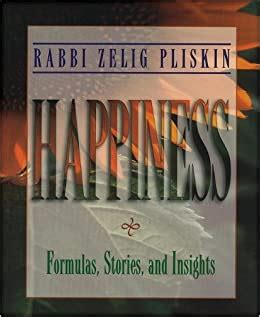A Quote by Irving Stone
The biographical novel sets out to document this truth, for character is plot, character development is action, and character fulfillment is resolution.
Related Quotes
Character grows in the soil of experience with the fertilization of example, the moisture of ambition, and the sunshine of satisfaction. Character cannot be purchased, bargained for, inherited, rented or imported from afar. It must be home-grown. Purely intellectual development without commensurate internal character development makes as much sense as putting a high-powered sports car in the hands of a teenager who is high on drugs. Yet all too often in the academic world, that's exactly what we do by not focusing on the character development of young people.
In the biographical novel, there's only one person involved. I, the author, spend two to five years becoming the main character. I do that so by the time you get to the bottom of Page 2 or 3, you forget your name, where you live, your profession and the year it is. You become the main character of the book. You live the book.





































